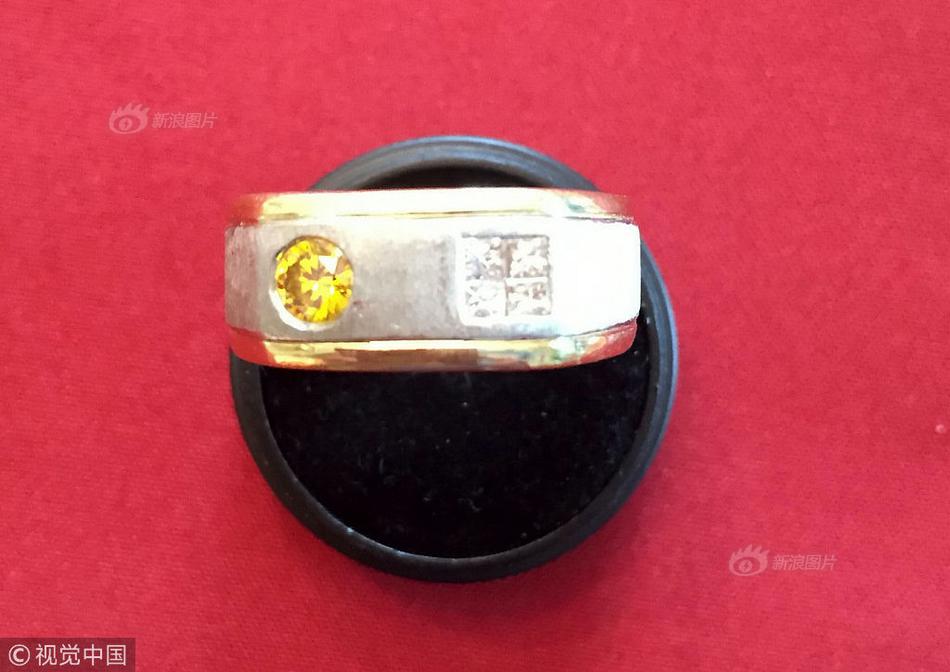Pop-up ads have Violet (2025)long been the scourge of the internet. But the rise of ad blockers, plus anti-pop-up moves by Google and Firefox had given us hope that those days would soon be behind us.
So why are even the most tech-savvy among us starting to see ads appear congratulating us for being "selected as a winner" of a $1,000 Amazon gift card?
 Original image has been replaced. Credit: Mashable
Original image has been replaced. Credit: Mashable The pop-ups in question appear on both smartphone and desktops, promising a prize in exchange for your personal information or a few clicks. They are is undeniably annoying, and quite clearly a scam.
Neither Android nor iPhone users are safe, and some frustrated web denizens are at their wits' end.
This Tweet is currently unavailable. It might be loading or has been removed.
The reason some of these pop-up ads may be getting around your ad blockers: they aren't normal ads.
Cybersecurity firm Symantec has identified one specific strain of malware hiding in apps, Android.Fakeyouwon, that its researchers say is fueling these types of scams on Android devices.
Infected applications "hide themselves as legitimate apps in domains such as settings apps (Panel Settings), or apps that play music for free," the researchers wrote.
"Apps will also ask for the minimum amount of permissions, so as not to concern more discerning users on installation."
What's more, it's likely not just malware in malicious apps ruining your day. Something called forced redirects could also be at play.
This Tweet is currently unavailable. It might be loading or has been removed.
"A forced redirect is when a person is surfing the web on a computer or mobile device and through no action of their own gets redirected to a different website," according to the anti-malware company Confiant.
"Usually the website they are redirected to is a vehicle for some form of affiliate fraud or malware."
Ed Ho, Twitter's General Manager of the Consumer Product and Engineering Group, tweeted a series of questions about this very practice.
"What is interesting to me: 1) What ad network is this running through, and why don't they know?" Ho told us. "2) Why is it that Safari on iOS appears to be vulnerable to this attack? 3) What is the actual vulnerability?"
Confiant identified one such network of so-called "malvertising" in January of this year, and found that it involved the creation of "28 fake ad agencies to distribute malvertising campaigns."
In short, this is a sophisticated fraud network that is mucking up your browsing.
Thankfully, all is not lost. Google planned to release a version of Chrome that stops forced redirects in January, but according to USA Todayas of February that feature had been pushed to a mid-April release.
Still, that means it is very much on the company's radar, and a Firefox browser extension currently does this very thing.
Once blocking forced redirects becomes the norm across browsers, both mobile and desktop, these "Congratulations" ads should decline. However, some of the responsibility falls on you, too.
After all, a browser update isn't necessarily going to prevent malware-riddled apps from screwing with your browsing. You can, and should, periodically go through your phone and delete old, little-used, or just plain sketchy-looking apps.
As you do, take comfort in the fact that you very well could be making your browsing experience better — one deletion at a time.
Topics Amazon Cybersecurity
(Editor: {typename type="name"/})
 Best Kindle Unlimited deal: Get 3 months of Kindle Unlimited for 99 cents
Best Kindle Unlimited deal: Get 3 months of Kindle Unlimited for 99 cents
 GoFundMe will refund donations to campaign for Trump's border wall
GoFundMe will refund donations to campaign for Trump's border wall
 How China is radically reinventing urban architecture to go green
How China is radically reinventing urban architecture to go green
 'The Simpsons' featured a meme of Homer and it's so wonderfully meta
'The Simpsons' featured a meme of Homer and it's so wonderfully meta
 Musetti vs. Diallo 2025 livestream: Watch Madrid Open for free
Musetti vs. Diallo 2025 livestream: Watch Madrid Open for free
'The Last of Us' Season 2, episode 4: Why Ellie sings 'Take on Me'
 As a TV adaptation of Naughty Dog's games, The Last of Usincludes more than a few hidden references
...[Details]
As a TV adaptation of Naughty Dog's games, The Last of Usincludes more than a few hidden references
...[Details]
Netflix's 'Sex Education' nails a crucial aspect of sex positivity
 While every adolescent story has its brushes and run-ins with sex, Sex Educationdoes a remarkable jo
...[Details]
While every adolescent story has its brushes and run-ins with sex, Sex Educationdoes a remarkable jo
...[Details]
Why you need paid leave and affordable child care now more than ever
 All of the jokes about parenthood are true: You stumble through life bleary-eyed, eager to spend eve
...[Details]
All of the jokes about parenthood are true: You stumble through life bleary-eyed, eager to spend eve
...[Details]
Pervs kept stealing the 'mile 69' highway marker, so it was replaced with this
 2019 has barely started, and we've already suffered a great loss: A "69" mile marker is gone forever
...[Details]
2019 has barely started, and we've already suffered a great loss: A "69" mile marker is gone forever
...[Details]
What's Thermal Throttling and How to Prevent It
Beyond 'Bandersnatch': How to keep choosing your own adventure
 You are obsessed with Black Mirror: Bandersnatch. If it were a 1980s cassette tape, you would have w
...[Details]
You are obsessed with Black Mirror: Bandersnatch. If it were a 1980s cassette tape, you would have w
...[Details]
Daisy Ridley reveals exactly why she quit Instagram
 LONDON -- Remember when Daisy Ridley deactivated her Instagram account last month?At the time, there
...[Details]
LONDON -- Remember when Daisy Ridley deactivated her Instagram account last month?At the time, there
...[Details]
Swiping is here to turn the YouTube app into ultimate time
 If you spend too much time stuck in YouTube's vortex of suggested videos, wait until you see this. T
...[Details]
If you spend too much time stuck in YouTube's vortex of suggested videos, wait until you see this. T
...[Details]
Best portable power station deal: Save 44% on the Jackery Explorer 100 v2
 SAVE OVER $350: As of May 8, the Jackery Explorer 1000 v2 power station is on sale for $448.99, down
...[Details]
SAVE OVER $350: As of May 8, the Jackery Explorer 1000 v2 power station is on sale for $448.99, down
...[Details]
Netflix's 'Sex Education' finds the humanity in gross teen sex: Review
 The horrors of teen sex are a universal experience. And Sex Educationfeels like the extended therapy
...[Details]
The horrors of teen sex are a universal experience. And Sex Educationfeels like the extended therapy
...[Details]
Character AI reveals AvatarFX, a new AI video generator

Pervs kept stealing the 'mile 69' highway marker, so it was replaced with this

接受PR>=1、BR>=1,流量相当,内容相关类链接。